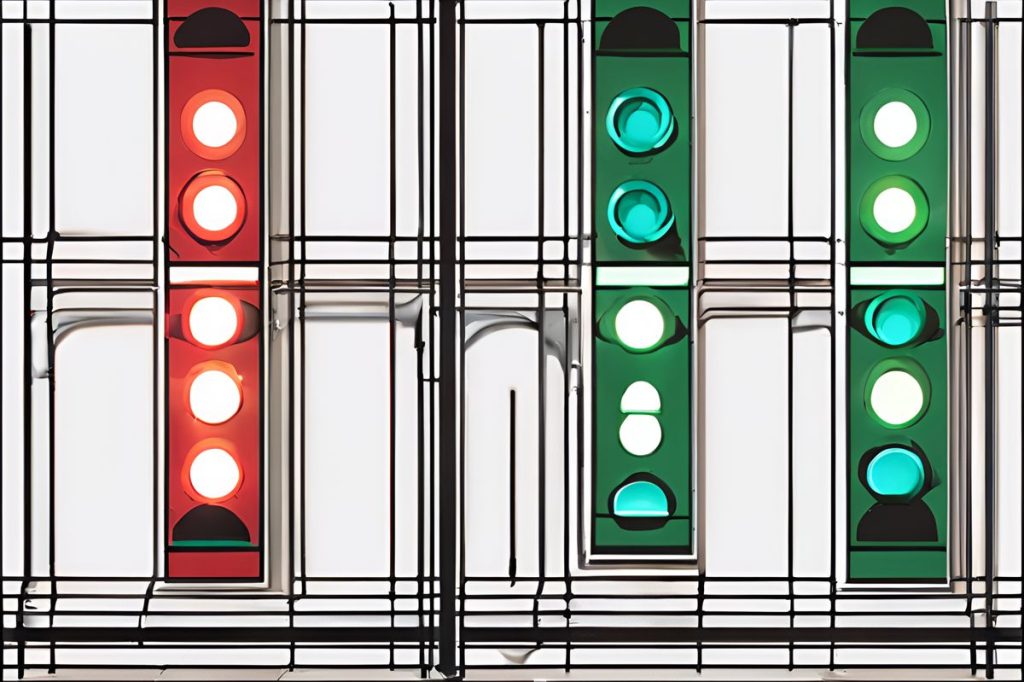The new legislative changes regarding traffic fines aim to lessen the financial strain on motorists while maintaining road safety. For example, fines for some violations, such as stopping on a pedestrian zebra crossing, have been significantly reduced, making them more manageable for drivers.
What are the new changes to traffic fines legislation?
The new legislation reduces traffic fines for certain violations. For instance, the fine for stopping on a pedestrian zebra crossing has been cut from €300 to €85. However, fines for passing a zebra crossing remain at €300. The reform aims to ease financial strain on motorists while maintaining road safety.
Legislative Reform on Traffic Penalties
In a move that will affect many motorists, the fines for specific traffic violations have been revised. The House has approved a bill that decreases the cost of some penalties, most notably for running red lights. Lawmakers have taken a stance, suggesting that previously imposed fines were excessively harsh for the common driver. For example, the fine for stopping on a pedestrian zebra crossing has been significantly reduced from €300 to a more manageable €85. However, for those who go past the zebra crossing, fines will stay at the steep €300 mark.
Behind the bill is Marinos Mousiouttas, a Diko MP, who pointed out that the penalties for running red lights, in particular, could be financially overwhelming. This sentiment was echoed on the House floor, with various MPs voicing their concerns about the punitive nature of the current traffic lights system.
The Debate over Traffic Enforcement
Criticism of the traffic light system was vocal and widespread. Akel MP Valentinos Fakontis argued that the system was more punishing than preventative, stating that fines are drowning citizens, especially those with modest incomes. He cited the struggles of people earning around €900 a month, who find it challenging to cope with such financial burdens.
Elam’s Sotiris Ioannou went further, labeling the traffic light system a “fiasco” and suggesting that drivers were being unfairly “ambushed,” even in low-risk areas with no significant accident history. Independent MP Andreas Themistocleous provided a stark statistic, highlighting a 41% increase in deaths from car collisions since the introduction of traffic cameras.
Statistics and Government Action
In a detailed parliamentary discussion, it was revealed that last year saw over 20,000 instances of drivers running red lights—a staggering figure that underscores the gravity of the issue. Amidst these discussions, the government has proposed its own modifications to the legislation regarding traffic fines and the use of cameras. Their proposal does not alter the fine amounts but offers offenders a lengthier period to pay them, which could ease the financial pressure on those penalized.
Road Safety and Fiscal Considerations
The debate over the correct balance between road safety and financial penalties continues as these legislative changes unfold. While proponents of high fines believe they deter dangerous driving behaviors, opponents assert that excessively punitive measures do not necessarily lead to safer roads and can place an undue financial burden on citizens. The recent legislative changes reflect a shift towards more balanced enforcement measures that still aim to ensure public safety without causing economic distress to the individuals involved.
What are the new changes to traffic fines legislation?
The new legislation reduces traffic fines for certain violations. For instance, the fine for stopping on a pedestrian zebra crossing has been cut from €300 to €85. However, fines for passing a zebra crossing remain at €300. The reform aims to ease financial strain on motorists while maintaining road safety.
What was the driving force behind the legislative reform on traffic penalties?
The driving force behind the reform was the belief that previous fines were excessively harsh on common drivers. Lawmakers, led by Marinos Mousiouttas, a Diko MP, aimed to address the financial burden imposed by certain traffic fines, especially those related to running red lights. The goal was to create a more balanced approach to traffic enforcement.
What were some criticisms of the previous traffic fines system?
Critics of the previous traffic fines system argued that the fines were more punitive than preventative. MPs, such as Valentinos Fakontis and Sotiris Ioannou, believed that the fines were financially overwhelming for many citizens, particularly those with lower incomes. There were concerns that the fines were unfairly targeting drivers and not necessarily improving road safety.
How is the government addressing concerns about road safety and financial penalties?
The government has proposed modifications to the legislation regarding traffic fines and the use of cameras. While the fine amounts remain the same, offenders will have a longer period to pay them, potentially easing the financial pressure on those penalized. This reflects a shift towards more balanced enforcement measures that aim to ensure road safety without causing excessive economic distress to individuals.

